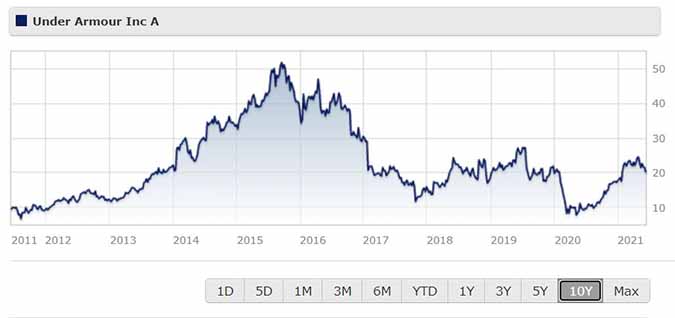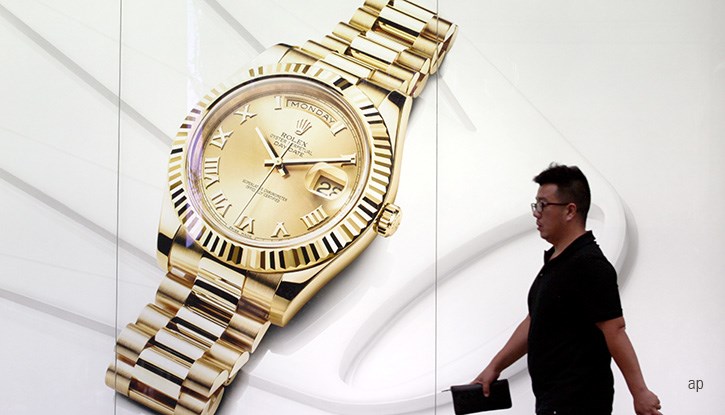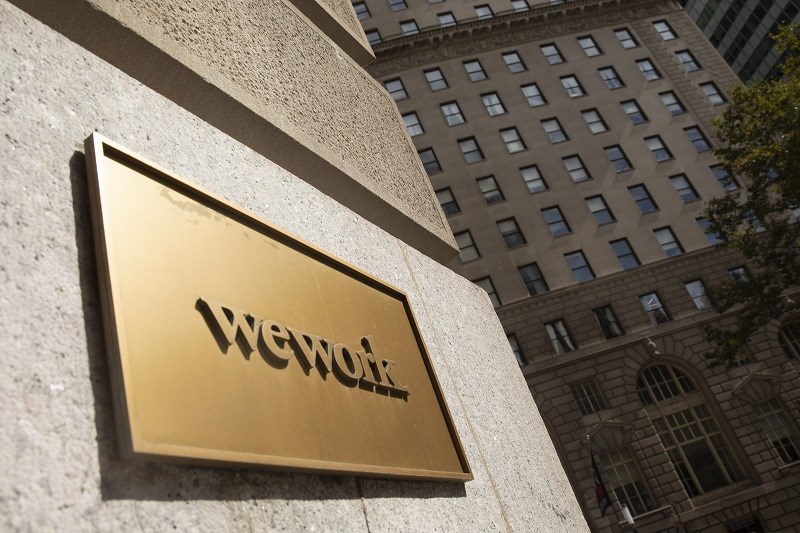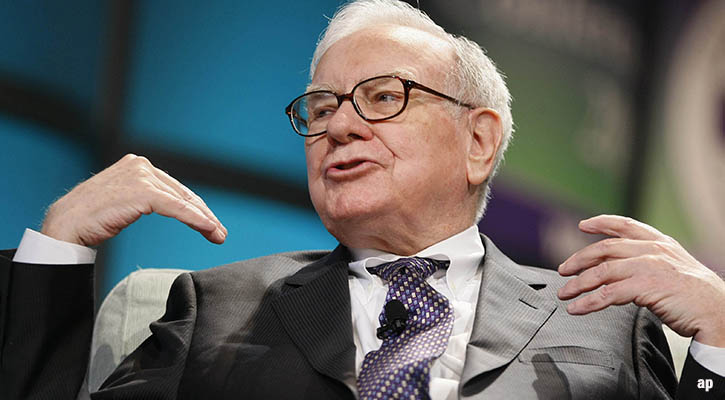
While the winner of the Euro 2020 football tournamen has yet to be decided, there’s a clear winner in our stock of the week poll. Our followers have chosen challenger brand Under Armour (UAA) between a range of listed sports brands including recent stock of the week Nike and German powerhouse Adidas (ADS).
While US giant Nike traces its heritage back to 1964, Under Armour is a relative newcomer to the athletic goods scene, celebrating its 25th birthday in September this year. With the boom in sports on television over the last quarter of a century, combined with the increased spending power of emerging market customers in countries like China, the industry has grown significantly. “Wellness” megatrends and the rise of “athleisure” have helped the cause of those marketing to amateur athletes. The market is estimated to be worth $366 billion in 2021, and is forecast to grow by double digit rates over the next five years. In theory, even taking a small part of Nike or Adidas’ market share in a growing market should be a winning strategy.
Morningstar analyst David Swartz, who covers Under Armour, says that the trajectory of Under Armour since it floated 2005 has not been a smooth one. Swartz says the company’s golden period as a listed company were between 2008 and 2016 when US sales went from $700 million to $4bn and it overtook Adidas to become the second-largest brand in the country. Under Armour’s share price chart over the period tells the phenomenal growth story neatly – shares were trading around $3-$4 in 2005 but hit a record above $50 in 2015.

A Game of Two Halves
The second half of Under Armour history is much less glorious, however, with an accounting scandal and the global pandemic to deal with. “Between 2016 and 2020, Under Armour’s North America revenue declined more than 26%, even as some rivals thrived during the pandemic. The crisis hit Under Armour hard, as most retail stores and nearly all organised sports shut down temporarily. Even before it, though, Under Armour was struggling in a weak market for performance gear,” says Swartz.
Unlike rivals Nike (wide moat) and Adidas (narrow moat), Morningstar analysts don’t think Under Armour possesses a strong competitive advantage because its products are not differentiated enough and can’t achieve premium pricing. “We think it lacks the resources to overcome the competitive pressures and industry trends that have hurt its market position over the past few years,” says Swartz. He thinks the company has fallen behind on innovation too. He uses the example of the compression undershirts the company launched in 1996 and became famous for; now Nike and Adidas have introduced similar products.
Under Armour also has a high uncertainty rating, according to Morningstar analysts. “Under Armour is exposed to weakness in US physical retail, and the pandemic may have made this situation worse,” says Swartz.“Many US retailers are closing stores or going out of business, including some sporting goods chains, as sales shift to digital and discount channels.” Valuation wise the company’s shares, at $20, are trading above their fair value of $13.90, making Under Armour a 2-star stock. Last year, when we wrote about the company as part of our “Investing in the Sportswear Boom”, shares were trading in 4-star territory after a collapsing below $10 during the market meltdown. Founder Kevin Plank handed over control of the company in January 2020 to Patrik Frisk and the company has undergone a restructuring programme since then, which involves closing a number of physical stores.
The wider clothing industry has seen many scandals in recent years over working conditions and pay. But while ratings agency Sustainalytics says this remains a higher risk sector from a social and governance point of view, Under Armour has a Low ESG Risk Rating of 15.8, just below the industry leader, the Columbia Sportswear Company (COLM)



























